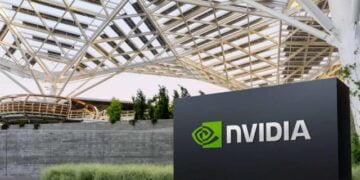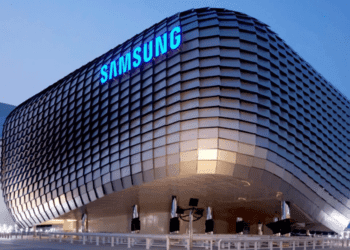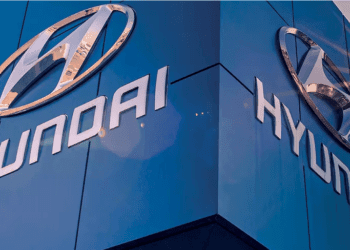Anindita Nayak
Bhubaneswar, 29 May
Nvidia’s shares surged approximately 6% to reach an all-time high on Tuesday, bringing the AI chipmaker’s market value to $2.8 trillion. This was just about $100 billion less than Apple’s market value of $2.9 trillion.
If the trend continues, then it can potentially lead to a significant reshuffling among Wall Street’s top players. During the session, Nvidia’s stock soared by as much as 8% to $1,149.39, marking an all-time high for the day. Meanwhile, Apple’s stock experienced a 0.2% decline in afternoon trading.
Nvidia’s shares jumped by almost 13% after the company predicted second-quarter revenue to exceed Wall Street’s expectations last week and revealed plans for a stock split. Investors are enthusiastic about Nvidia’s future, as they remain confident in its role as a leader in AI technology.
Nvidia’s recent trading price is at 36 times than its expected future profits, whereas Advanced Micro Devices trades at 38 times and Intel at 21 times, as per data. The company’s shares have doubled in value this year, following a more than tripling in value last year.
Nvidia, a major beneficiary of the AI surge, announced a significant increase in revenue from its data center segment last week, with a five-fold jump attributed to high demand for its high-performance chips. Competition among tech giants like Alphabet, Microsoft, and Amazon.com for Nvidia’s premium chips has intensified as they strive to lead in AI computing.
In comparison, Apple has not performed as well as other major tech companies lately. It has declined by about 2% this year due to challenges such as lower iPhone demand and strong competition in China.
Earlier this year, Microsoft surpassed Apple to become the world’s most valuable company, benefitting from its early investments in artificial intelligence within its cloud services, which propelled it ahead of other tech competitors. On Tuesday, Microsoft’s shares declined by 0.4%, resulting in a market value of $3.1 trillion.
Apple has been lagging behind competitors like Microsoft and Google in implementing generative AI technology, which can produce responses resembling human speech, into its products.




















